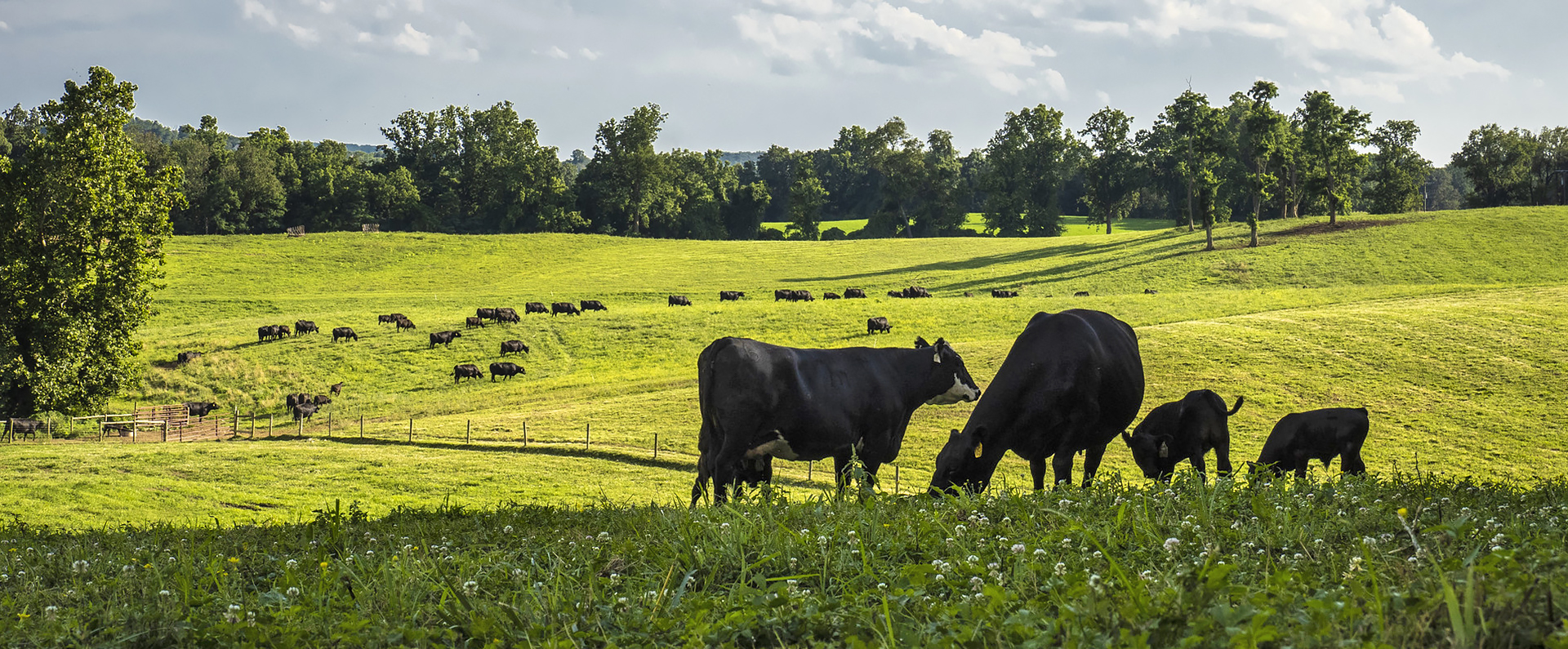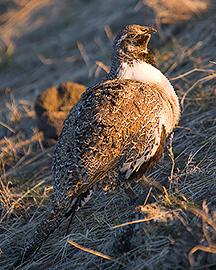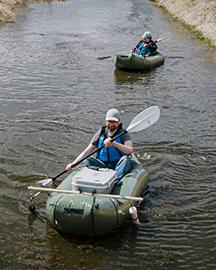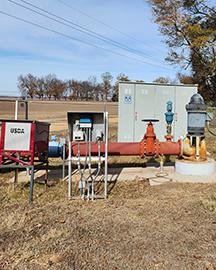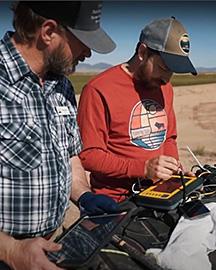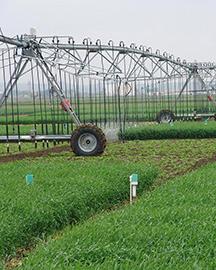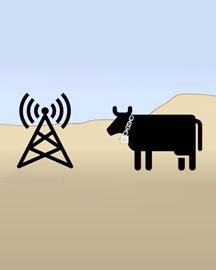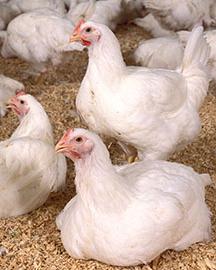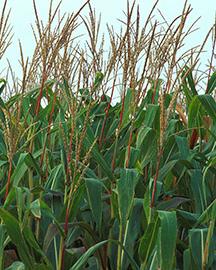Environmental Sustainability of U.S. Beef
Increasing public awareness regarding the environmental effects of agriculture has led to a 10-year, full life-cycle assessment of the U.S. beef production system. The investigation, conducted by ARS scientists in University Park, PA; the University of Arkansas; and the National Cattlemen’s Beef Association, identified environmental impacts from the production of resources, through consumption, to the waste created in beef production and consumption.
Greenhouse gas (methane) emissions and food waste were major findings in the assessment. Researchers estimate that the production and consumption of beef amounts to roughly 3.8% of U.S. greenhouse gas emissions. Further, consumers waste an estimated 20% of the beef they purchase. That waste ends up in landfills and creates more greenhouse gas. Results of the study highlight the importance of engaging the full supply chain in understanding the impacts of the industry. Researchers are exploring several mitigation strategies and are modeling various strategies to determine their benefits in reducing the environmental impacts of beef cattle production.
Related Information
Publication: Impact of Beef Cattle on the Environment


